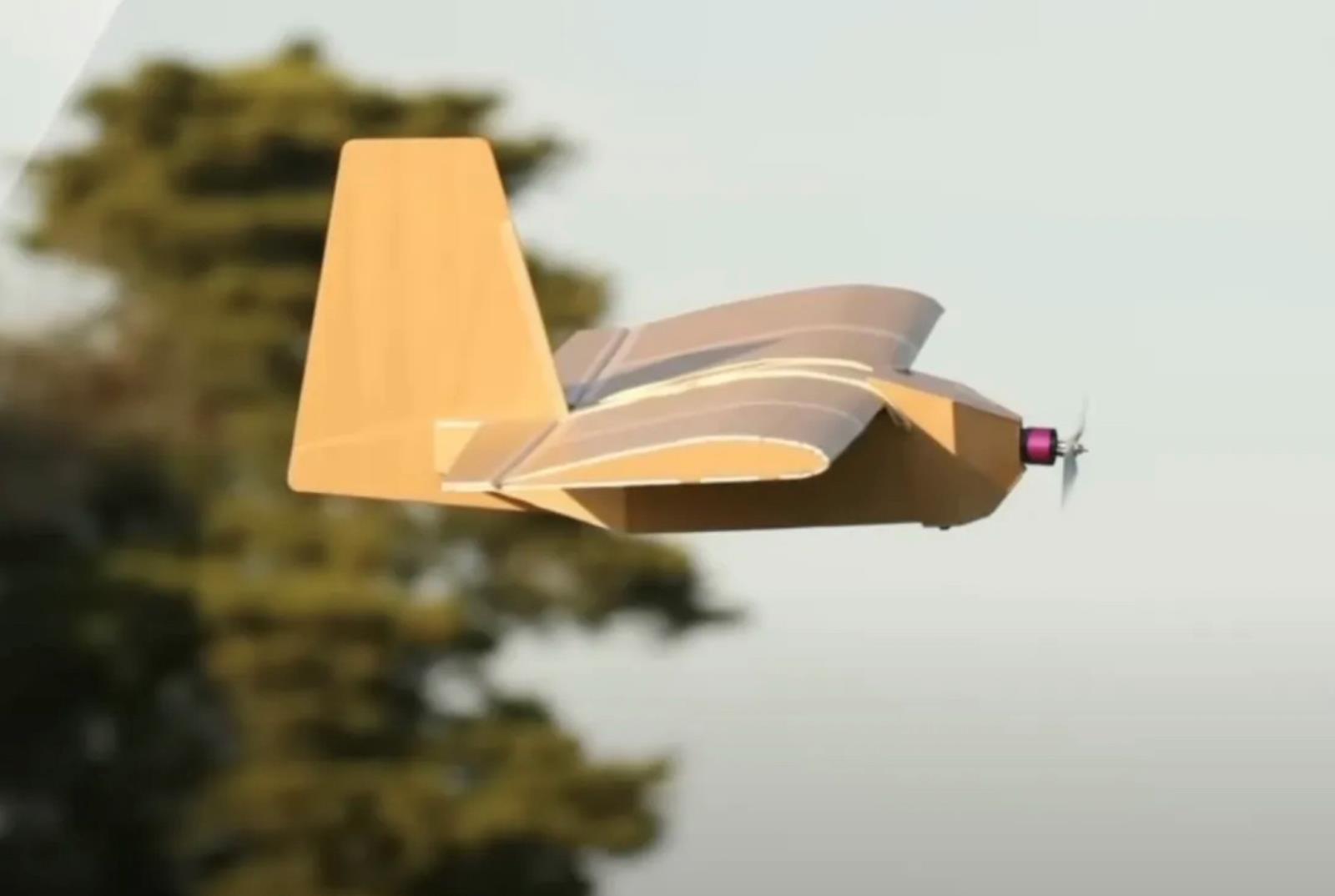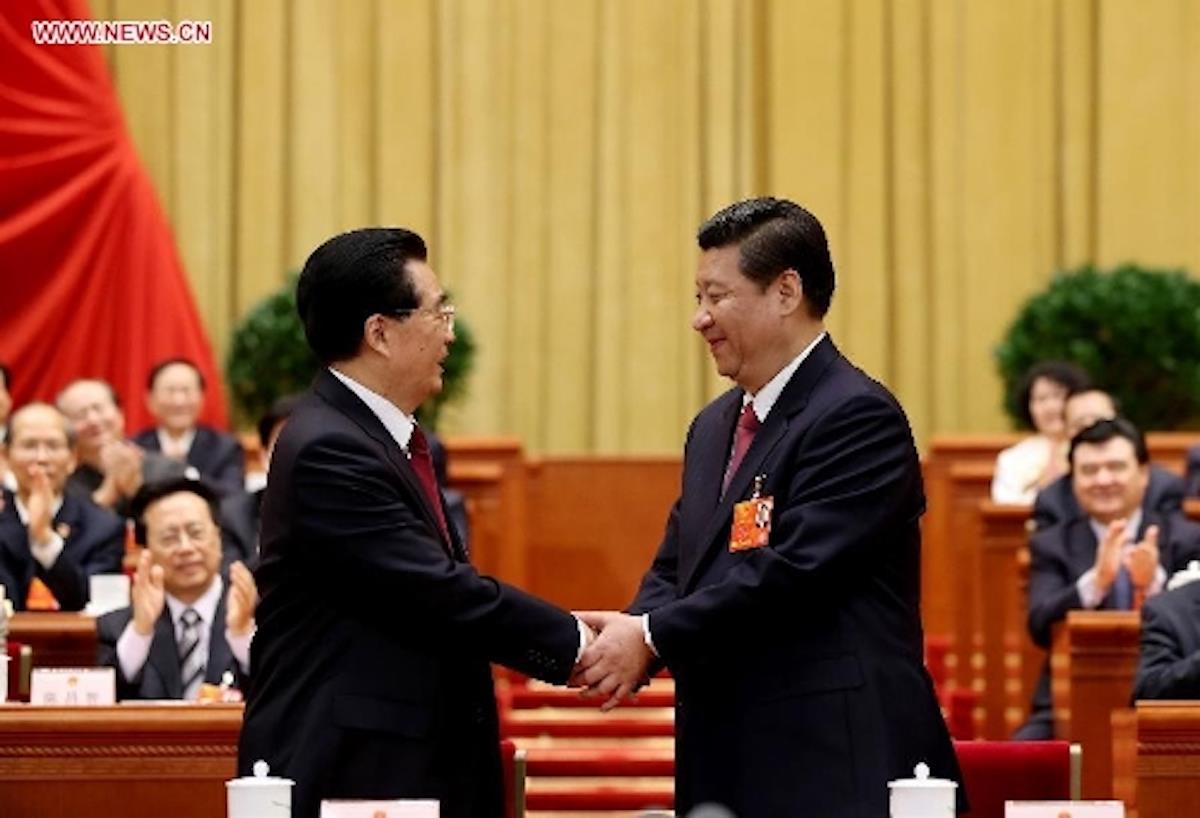(MENAFN- Asia Times) After wrapping up a recent four-day trip to China, United States Treasury Secretary JYellen told a media briefing:“We believe that the world is big enough for both of our countries to thrive .”
While optimistic, Yellen's statement is far from persuasive. It doesn't represent the tense geopolitical landscape saturated with sanctions, investment restrictions and containment efforts.
Yellen's was one of many visits byofficials to China in recent months. These overtures come on the heels of concentrated American efforts against what theperceives to be China's increasing expansion and assertiveness in Asia. President Joe Biden's administration has made its intentions clear about maintaining the staquo in Asia, and Beijing is responding cautiously.
How did relations between theand China become so antagonistic over the last decade?
Conflicting policies
In a news conference with Chinese President Jiang Zemin in 2002, then-president George W Bush said:“China's future is for the Chinese people to decide .” But the current state of relations indicates the path the Chinese chose for themselves is not sitting well with the US.
In 2009, secretary of state Hillary Clinton suggested the Barack Obama administration wanted to go farther than Bush had in developing the Chinarelationship :
The Obama-era approach then culminated in a comprehensive pivot to the Asia-Pacific region in 2011 that resulted in American economic, security and diplomatic resources shifting toward the area.
During Donald Trump's administration,policy priorities on China shifted back to economic relations as the trade deficit between the two nations became a central point of contention. The Trump approach was no longer dialogue; rather, it was direct confrontation.
Under Biden, China is deemed a“competitor .”
Policy choices have included reducing economic dependence on Chinese supply chains, the creation of the Australia, United Kingdom and United States partnership known as AUand gainingaccess to four additional military bases in the Philippines .

























Comments
No comment